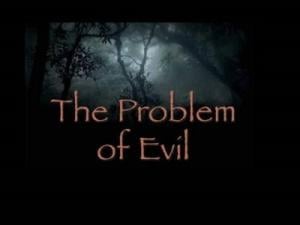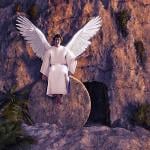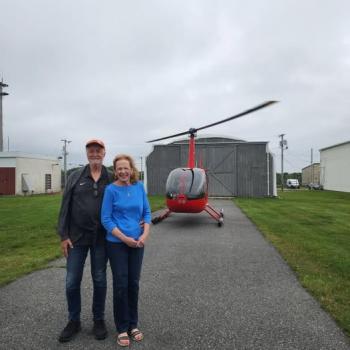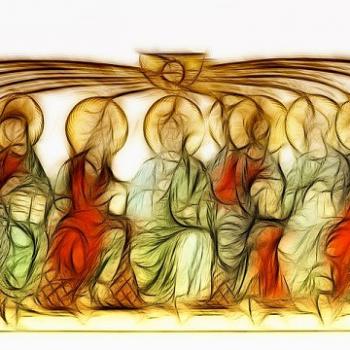 After a week off from classes for spring break, I jumped back into the problem of evil with one of my ethics classes bright and early the first day back. We conidered one possible way to address the problem of evil.
After a week off from classes for spring break, I jumped back into the problem of evil with one of my ethics classes bright and early the first day back. We conidered one possible way to address the problem of evil.
The problem of evil arises when one assumes the omnipotence, omniscience, and omnibenevolence of God while also observing the evil and suffering that is rampant in our world. Traditional approaches start with the assumptions about God then seek to adjust the reality of our experience to those assumptions—approaches which either require us to ignore some of our experience or play the “mystery” card when things get tough. I suggest that the proper starting point is what we know—our own experience—rather than starting with assumptions about what we want God to be.
What we know about love and power from our human experience, for instance, reveals that they are incompatible. To the extent that one chooses to love, one also chooses to set power aside. If a theist seeks to piece together a tentative sketch of what is greater than us starting with what we experience on a daily basis, the theist will have to choose between divine love and divine power as possible starting points. There is undoubtedly evidence in relevant sacred texts for both possibilities, but one cannot have it both ways.
Not even God, I would argue. If one chooses to begin with the assumption of God’s love, as I do, one is already choosing to deny God’s omnipotence. After many years of spinning my wheels in the problem of evil rut, saddled as a person of faith from my youth with the traditional conception of God as all-powerful and all-loving, it was the work of the 20th century philosopher, theologian, social activist, and all-around iconoclast Simone Weil that provided me with the tools to escape the rut. Weil’s evocative claim that “the absence of God is the most marvelous testimony of perfect love” is a one sentence expression of her belief that if God created the world out of love and invites a response to that love, then by necessity God must step back from creation as God waits and hopes for a free and loving response from the creatures God created. God chooses, in other words, radical love at the expense of radical power.
I teach this aspect of Weil’s thought frequently to mostly Catholic juniors and seniors in various classes. The students invariably find the idea of a God who out of love chooses diminishment in power to be challenging, to say the least. Yet the evidence for such an interpretation is at the heart of the Christian narrative. God became human and lived a human life in humility and weakness. From within these parameters, parameters that define all of us, the world was changed forever.
I often tell students that if you don’t like the answers you are getting, change the question. In this case, if you can’t successfully grapple with the problem of evil assuming that God is all-good, all-powerful, and all-knowing, then change your assumptions and see watt happens. I choose to hold on to assuming God’s infinite goodness, which is compatible with divine creation out of love. This means that God’s power is limited as God waits for our free response to the offer of relationship. It also means that God’s knowledge is limited, since if our response is truly free, then God does not know what that choice will be unril it is made.
An infinitely good God who is limited in both power and knowledge is significantly different than the traditional monotheistic God. But above all, God is mystery beyond human understanding. Imagining that this mysterious God truly seeks relationship with each of us is both a wonderful and life-changing story. As one of my mentors used to say, it’s the sort of story that should be true.
















